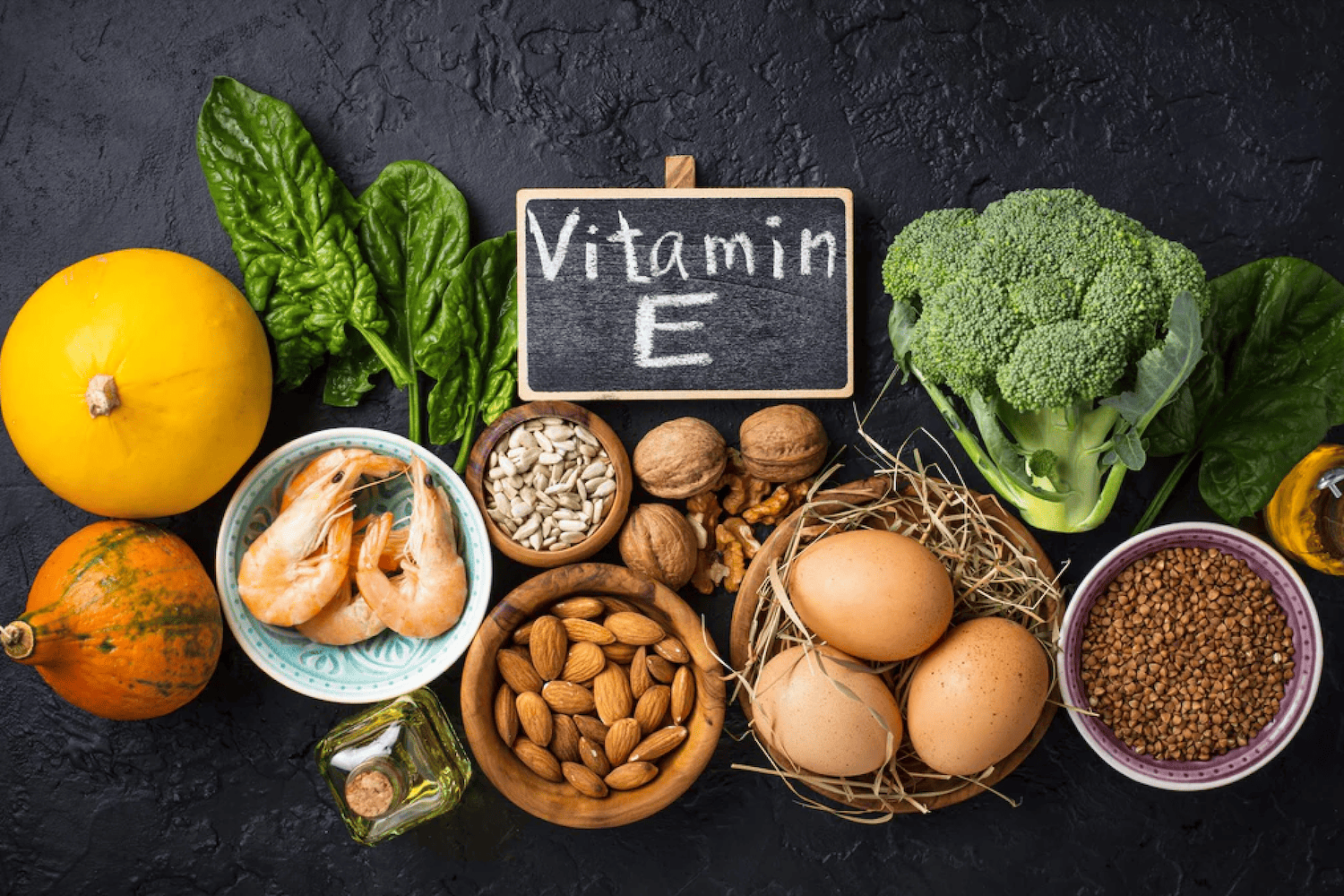Health
True health is achieved by balancing the mind, body, and spirit.
Vitamin K is a vital nutrient known for its key role in blood clotting and bone health. Despite being less popular than other vitamins, such as Vitamin C or D, Vitamin K is equally critical for maintaining overall health. It helps regulate various physiological processes, including blood coagulation, calcium metabolism, and bone health. Vitamin K exists naturally in two primary forms: K1 (phylloquinone) found predominantly in leafy green vegetables, and K2 (menaquinone) mainly present in fermented foods and animal products.
There are two main types of Vitamin K:
1. Vitamin K1 (Phylloquinone): Primarily found in plant-based foods, especially green leafy vegetables. It is crucial for blood clotting and preventing excessive bleeding.
2. Vitamin K2 (Menaquinone): Found in fermented foods and animal products, such as cheese, egg yolks, and meat. Vitamin K2 plays a significant role in bone health and cardiovascular wellness by regulating calcium deposition.
Vitamin K is best known for its critical role in blood clotting. It enables blood to coagulate properly, preventing excessive bleeding from injuries and wounds. Deficiency can result in abnormal bleeding and poor clotting ability.

Vitamin K is crucial for bone metabolism and maintaining bone density. It activates osteocalcin, a protein necessary for binding calcium into bones, helping prevent osteoporosis and reducing fracture risk, especially in older adults.
Emerging evidence suggests Vitamin K2 can protect cardiovascular health by preventing calcium accumulation in arteries, reducing the risk of arterial calcification and associated heart diseases. Adequate Vitamin K intake is linked with improved heart function and lower risks of arterial stiffening.
Vitamin K contributes to brain health, potentially supporting cognitive function by protecting nerve cells from damage and supporting overall cognitive performance. Early studies indicate that Vitamin K might slow cognitive decline associated with aging.
To maintain sufficient Vitamin K levels, regularly consume these foods:
Including a variety of these foods in your diet ensures consistent and adequate Vitamin K intake.
Although rare in healthy adults, Vitamin K deficiency can occur in certain populations, including individuals with malabsorption disorders, long-term antibiotic use, or poor diets. Symptoms include:
Newborns are particularly vulnerable to Vitamin K deficiency due to limited Vitamin K storage at birth, so Vitamin K injections are routinely administered to infants to prevent bleeding disorders.
The recommended daily intake varies by age and gender:
Pregnant and breastfeeding women should follow general adult recommendations unless advised otherwise by their healthcare provider.
Most individuals meet Vitamin K requirements through diet alone; however, supplementation may be recommended in specific cases, such as:
Vitamin K supplements usually come in two forms, K1 and K2, and are available as capsules, tablets, or liquid drops. Always consult a healthcare professional before starting supplementation to avoid potential interactions, especially if taking blood-thinning medications.
Vitamin K toxicity from dietary sources is rare. However, excessive intake through supplementation can interact adversely with anticoagulant medications like warfarin, potentially reducing their effectiveness and increasing clotting risks. It's crucial to follow medical advice closely regarding supplementation dosage, particularly if you have existing health conditions or medication prescriptions.
Vitamin K is an essential nutrient contributing significantly to bone strength, heart health, and proper blood clotting. By incorporating Vitamin K-rich foods into your daily diet, you support your body’s fundamental physiological functions and enhance your overall well-being. Regular intake of leafy greens, fermented foods, and certain animal products, along with responsible supplementation, when necessary, helps maintain optimal Vitamin K levels. Always consult healthcare professionals to tailor your Vitamin K intake based on individual health conditions and nutritional needs, ensuring a healthy and balanced lifestyle.